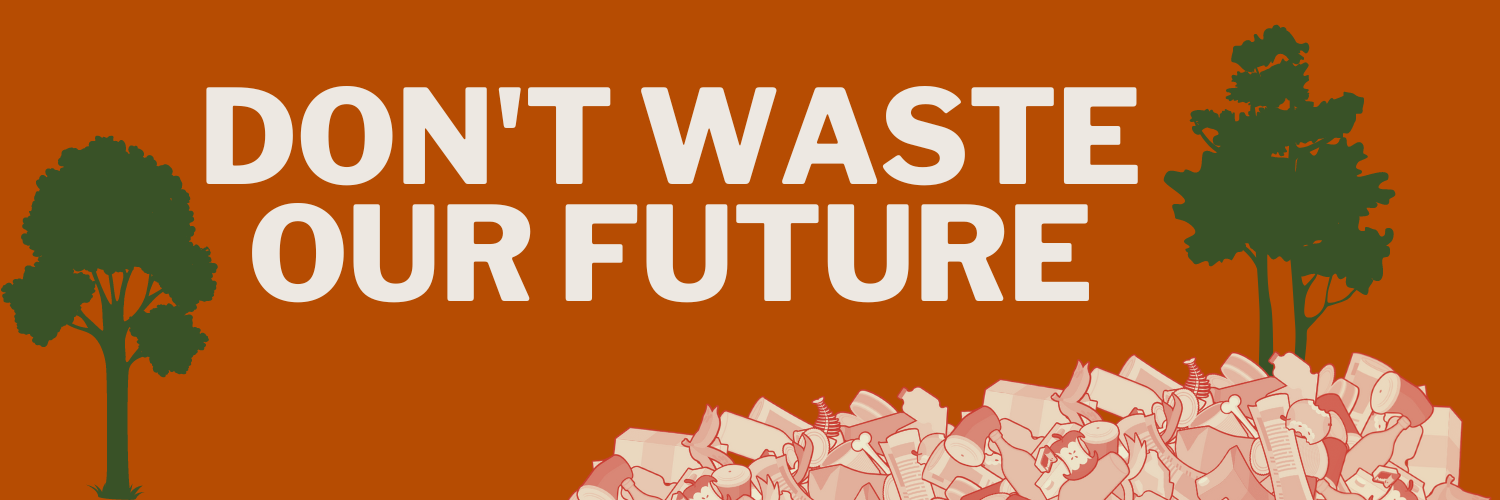Advocates to Healey Administration: Don’t Let Trash Slow Climate Progress
On Stop Food Waste Day, 24 organizations urge accelerated executive branch action on organic waste crisis
Boston, MA – Today, Stop Food Waste Day, a group of 24 environmental, community, and public interest advocacy groups sent a letter to Governor Maura Healey, Environment Secretary Rebecca Tepper, Department of Environmental Protection (DEP) Commissioner Bonnie Heiple, and Climate Chief Melissa Hoffer, urging reforms to reduce the nearly 2 million tons of food waste disposed of each year.
Most of that food waste ends up either buried in one of the state’s landfills — which generate estimated methane emissions equivalent to 116,000 cars on the road for a year— or burned in one of five waste incinerators. Most of the commonwealth’s incineration facilities are located in low-income communities or communities of color, where they spew toxic air pollutants like particulate matter and heavy metals.
“Burning and burying food waste is a climate and public health disaster, releasing large amounts of planet-warming pollution into our atmosphere and threatening the health of nearby communities, ” said Janet Domenitz, Executive Director of MASSPIRG. “Despite significant climate momentum in the Bay State, this is one issue that needs more attention from policymakers.”
According to the letter, spearheaded by MASSPIRG and Clean Water Action as part of a joint “Plate to Planet” initiative, excessive food waste continues to pose climate and environmental health harms, despite existing policies like the Commercial Organics Waste Ban. Challenges with enforcement and implementation mean that nearly 40 percent of the Commonwealth’s total waste is composed of items that are already banned from disposal by DEP regulations. According to a November 2023 memo released by DEP, Massachusetts must double our rate of organic waste diversion in order to meet the state’s 2030 Solid Waste Master Plan goals.
Signatories to the letter, which include representatives from Mothers Out Front and GreenRoots, advocate for regulatory reforms that strengthen existing waste reduction policies, expand the scope of the Organics Waste Ban to divert all food waste, and invest in robust public education campaigns.
“This is an opportunity for Massachusetts to demonstrate continued climate leadership to the rest of the country,” said Cindy Luppi, National Field Director at Clean Water Action. “We can do more than just reduce pollution. With the necessary policies and investments, we can also address food insecurity and create family-supporting jobs.”
Public enthusiasm for curbside composting indicates Massachusetts residents are eager to do their part to keep food waste out of incinerators and landfills. Last year, the City of Boston announced that it would triple the capacity of its highly successful food waste collection program, after overwhelming interest.
“It’s encouraging to see this kind of public interest in an issue that impacts all of us,” said Amber Schmidt of Clean Water Massachusetts, who is leading the campaign’s education and grassroots engagement efforts. “We have the solutions, and we have the support. Now, we need our policymakers to move us forward to a healthier, more sustainable future for Massachusetts.”
